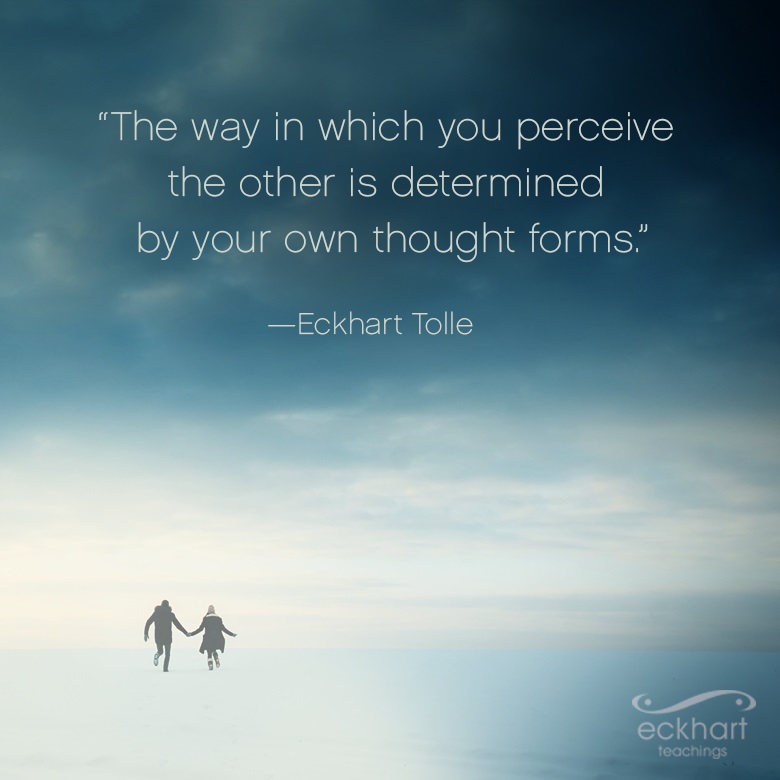Q&A About Mediation
What is the difference between “Meditation” and “Mindfulness”?
East meets West. Mindfulness is rooted in meditation which is rooted in the teachings of Buddha who spoke most highly about tranquility and insight. Many credit Jon Kabit-Zinn, an MIT-trained molecular biologist, with starting the Mindfulness movement in this country (Mindfulness Based Stress Reduction program or MBSR) at the Univ. of Mass Medical Center in the late 70’s, after he spent 12+ years studying the Eastern discipline of meditation. The term “mindfulness” was used to secularize the technique as to ward off those who might otherwise have second thoughts by associating the practice to Buddhism. Thereby, Mindfulness has become a New Age or contemporary approach to meditation in our Western culture.
Will Meditation/Mindfulness turn me into a Zombie?
Not research supported! More likely just the opposite...you will become far more aware of emotional and reactive changes.
What form of practice is taught at The Meditation Tree?
Roots of Eastern Meditation, derived from Theravada Buddhism, Ānāpānasati and Vipassana and will lay the foundation for a Mindfulness Based Practice but forms of these practices such as guided, contemplative, visual, metta/loving kindness, walking, and standing meditations (to name a few) will also be taught. Certain aspects of Taoism and Confucianism may also be incorporated in the teachings from time to time.
Who is Buddha, any way?
Buddha, born as Siddharta Gautama some 2600 years ago was a human being (just like an Aristotle or an Alan Watts) who discovered a way to find freedom from physical and emotional suffering, and taught others to reach it through his teaching of meditation and moral conduct. He was an ascetic, philosopher and teacher whose personal beliefs centered on the principle of kindness....to oneself and to others. He was neither a deity nor a man of divinity, He started the movement of Zen-Buddhism. Although many may think of it as a religion, Buddhism is a philosophy and way of life whose roots form the the basis of the Mindfulness practice that now prevails in our Western culture.
Will I have to say “om”?
No, but you might find yourself saying “OY”! (Personally, if I had a choice, I’d rather say “OM”). The focus and object of our mindfulness training will be the breath.
Do I need to believe in any religious doctrine to meditate effectively?
No. The mindfulness/meditation techniques taught here are secular...unrelated to any particular religious belief. Concentration, awareness and wisdom are not bound to religious beliefs.
How much time will I have to spend meditating?
Whatever works for you; however, the more time you spend the greater the results. The practice relies more on consistency and once that is developed, the amount of time you spend will organically increase without your realizing it and without a great deal of effort
Am I required to sit on the floor?
No. Nor will you have to stand on your head. We ask that you dress comfortably in “not too tight” clothing. You may sit on the floor or on a chair. It is more of a matter of finding a position where you can sit with a straight spine and breathe without any restriction.
Can I take private lessons?
Certainly. However, I also suggest a group setting as often as you can because of the group energy. Both the shared intention of others and the healing energy fostered by the group help to make the experience more powerful. Sharing with others always magnifies most any experience, does it not?
How long will it take for me to see results?
It is different for everyone. It is dependent upon your consistency and the minutes you meditate on a daily basis. Meditating once a week in a class is certainly beneficial but it’s the consistent daily personal practice that produces results. The benefits and results are subtle at first. They begin with a subtle shift in the way you become aware of your reactions to your conscious thoughts (a change in how you think and the subsequent changes in your neural cellular patterns) that will manifest through practice and patience.
Will I become enlightened?
Perhaps…if you stick your finger in a socket! Enlightenment is an often overused and misunderstood term. If you liken the term “enlightenment” to the term “awareness” or “insight” then you may experience it at some level. The Taoist poet, Lao Tzu, puts it this way: “Knowing others is wisdom, knowing yourself is Enlightenment”.





